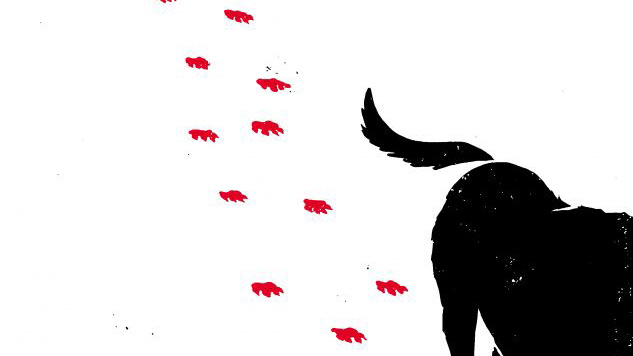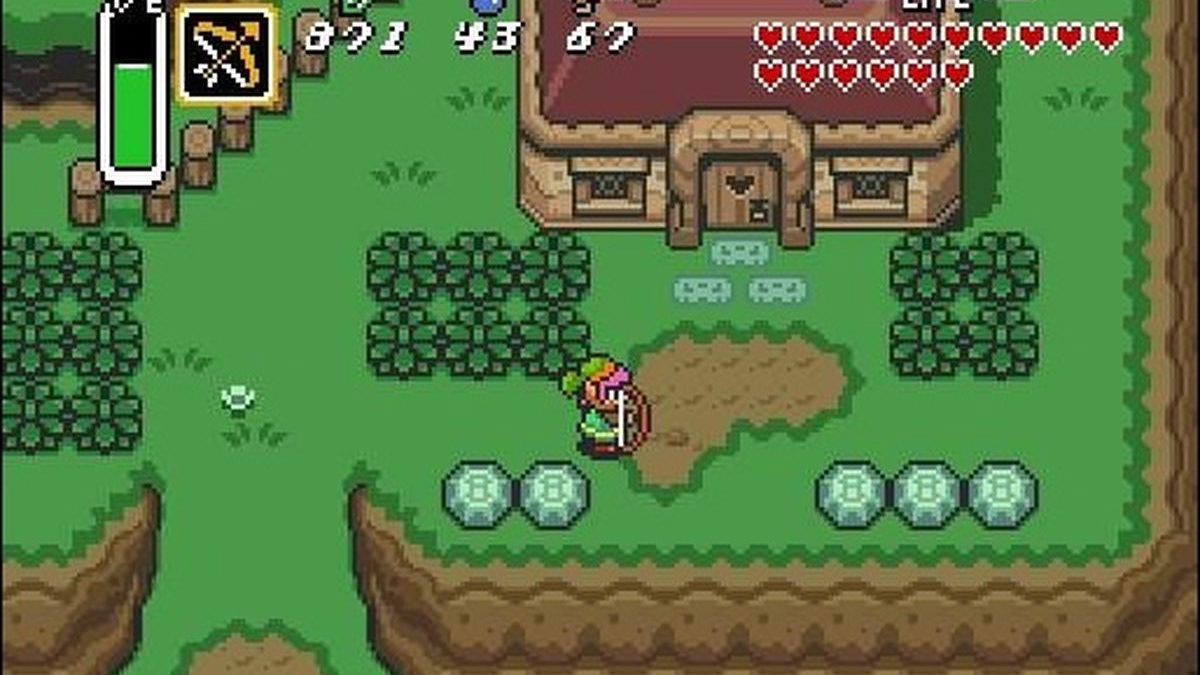Photo by Vojtech Okenka from Pexels
The job market, including the dynamic field of design, presents its fair share of challenges. Beyond a polished resume, a well-maintained portfolio is crucial in reflecting one's experience and focus. Increasingly, candidates are encountering an additional hurdle in the hiring process: the design test.
Design Tests: For and Against
The debate surrounding design tests can be boiled down into two camps: those in favor and those against. Both perspectives hold valid reasons, which we'll explore. However, it's essential to approach this discussion with an open mind, understanding that there are conditions under which design tests can be beneficial for both applicants and employers.
The debate surrounding design tests can be boiled down into two camps: those in favor and those against. Both perspectives hold valid reasons, which we'll explore. However, it's essential to approach this discussion with an open mind, understanding that there are conditions under which design tests can be beneficial for both applicants and employers.
Considering the Applicant's Perspective:
Your Time Matters
Respecting your time is paramount. If a company requires a design task that seems overly time-consuming in the initial stages of the interview process, it may be wise to reconsider. Vigilance is key; ensure they're not exploiting your work for their gain down the line.
Your Time Matters
Respecting your time is paramount. If a company requires a design task that seems overly time-consuming in the initial stages of the interview process, it may be wise to reconsider. Vigilance is key; ensure they're not exploiting your work for their gain down the line.
Strategic Investment
In a competitive scenario where you're in contention with another designer, a well-structured test can be a powerful showcase of your approach and thought process. It's an opportunity to shine, demonstrating your problem-solving skills and design acumen.
In a competitive scenario where you're in contention with another designer, a well-structured test can be a powerful showcase of your approach and thought process. It's an opportunity to shine, demonstrating your problem-solving skills and design acumen.
Negotiating Fairness
If a design test threatens to consume a significant portion of your time, don't hesitate to discuss compensation. Your skills and expertise are valuable, and it's perfectly reasonable to seek acknowledgment for your efforts.
If a design test threatens to consume a significant portion of your time, don't hesitate to discuss compensation. Your skills and expertise are valuable, and it's perfectly reasonable to seek acknowledgment for your efforts.
Adapting to Pace
For junior designers, efficiency is crucial. If a design task seems time-consuming, consider refining your process to work more swiftly. Demonstrating agility in completing tests can open doors to opportunities.
For junior designers, efficiency is crucial. If a design task seems time-consuming, consider refining your process to work more swiftly. Demonstrating agility in completing tests can open doors to opportunities.
Considering the Employer's Perspective:
Beyond the Portfolio
While portfolios showcase finished work, they may not reveal the full spectrum of a designer's abilities—conceptualization, problem-solving, and process. Testing provides a platform to evaluate these essential skills.
Beyond the Portfolio
While portfolios showcase finished work, they may not reveal the full spectrum of a designer's abilities—conceptualization, problem-solving, and process. Testing provides a platform to evaluate these essential skills.
Avoiding Misrepresentation
Instances of candidates misrepresenting their abilities do occur. Testing can help uncover any disparities between a portfolio's promise and actual performance, safeguarding against potential mismatches.
Instances of candidates misrepresenting their abilities do occur. Testing can help uncover any disparities between a portfolio's promise and actual performance, safeguarding against potential mismatches.
Fostering Growth
For employers, a well-structured design test can be instrumental in identifying candidates with the right mindset for growth. They may be willing to invest in training, recognizing the potential for long-term development.
For employers, a well-structured design test can be instrumental in identifying candidates with the right mindset for growth. They may be willing to invest in training, recognizing the potential for long-term development.
As you navigate the intricacies of design tests, remember that each situation is unique. Strive for a balanced approach, valuing your time while acknowledging the potential benefits of well-conceived tests. By broadening our perspectives, both applicants and employers can find the perfect match, leading to mutually fulfilling professional journeys. In our next discussion, we'll explore red flags and tactics to protect designers from potential exploitation in testing scenarios.





